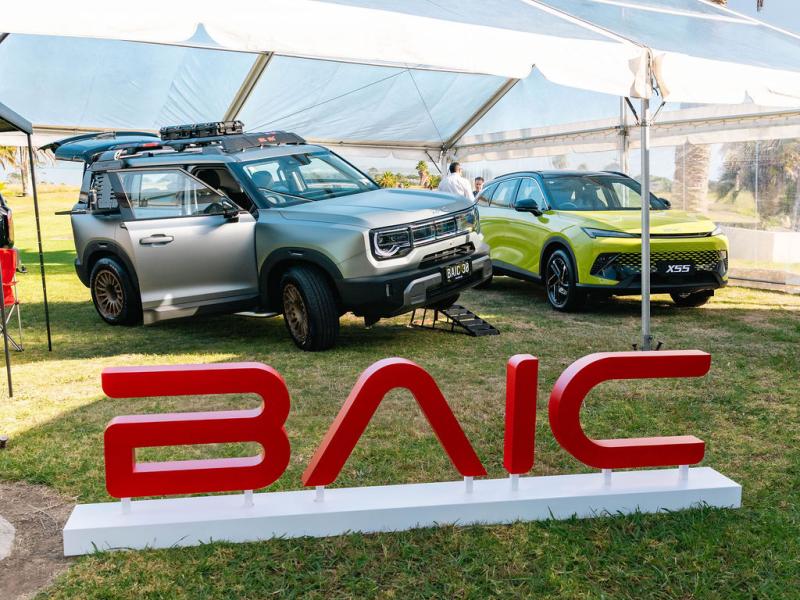Don’t be fooled into thinking that fleet management is a breeze. Vehicle management can be a significant challenge.
It requires you to comply with regulations, keep up with servicing, and manage your drivers effectively.
This last means monitoring licenses, managing infringements, preventing accidents, providing driver training, enforcing company vehicle policies, and addressing generational differences – Baby Boomers and Millenials for instance, requiring very different management.
Neither is vehicle selection an easy task.
Today, you must consider motive power types, safety and specification requirements, environmental considerations, and efficiency. With so many options available, selecting the right vehicle is challenging.
And let’s not forget end-of-life disposal. Retiring a fleet in a way that is financially viable for your organisation is no easy feat. It requires careful planning and execution to ensure that your retiring fleet still has some fiscal viability.
Overall, fleet management is complex, requiring expertise and precision to do it well. But with the right leasing company at your side, you can make your life as a fleet manager much easier.
A leasing company does as much as you want them to. In the past, a leasing company’s role was very broad, and some would suggest, went a little too far.
To be fair, organisations allowed lease companies to flourish because leasing was – and still is – a somewhat nebulous term and, if your organisation builds widgits, well, the company is not geared up to manage a vehicle fleet, is it?
But lessons learned from the past would suggest a company determines exactly what management level it should look for from a leasing company.
Having said that and bearing in mind all the variables attached to fleet management; now is a great time to engage the expertise of an established lease provider while retaining and refining the lease company/customer relationship.
A couple of basic advantages to leasing:
Increased purchasing power with lower-than-a-loan (typically) monthly payment schedules for more up-to-date, efficient and safer vehicles which your organisation might otherwise not be able to afford.
The late model vehicles are usually operating in their trouble-free years and may be covered by the manufacturer’s warranty while also having the advantage of scheduled servicing.
Leasing’s biggest advantage in the current climate is it gives an organisation the ability to entertain the prospect of electric vehicles and minimises the uncertainty factors attached to them.
All of the abovementioned leasing advantages apply, and it may well be possible to arrange leased charging equipment as part of your negotiated contract.
With the dissolution of the Clean Car Rebate, electric automakers are looking to move their product into the corporate/business world as opposed to where they thought sales may come from, namely the private sector.
As it turns out, under a National Government, the larger percentage of EV consumers are likely to be from the business sector, so the prospect of leasing EVs just got a whole lot better.
Added to this, the EV market is still highly volatile with automakers frequently re-evaluating their prices. If a business owned an EV, the vehicle’s end-of-life value would be easily compromised. With leased EVs, this is not the organisation’s concern, but that of the leasing company.
Nor is it just the pricing that is volatile. While EVs have been part of the landscape for some years, the technology which underpins them is constantly changing and improving. Wouldn’t your company rather be at the forefront of that changing and improving technology?






